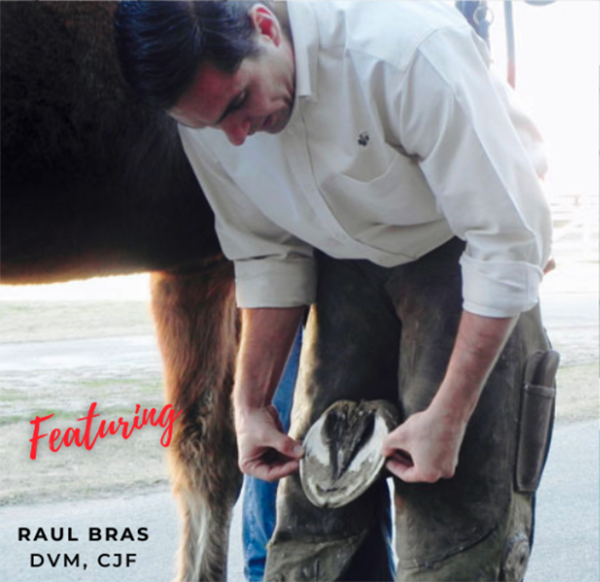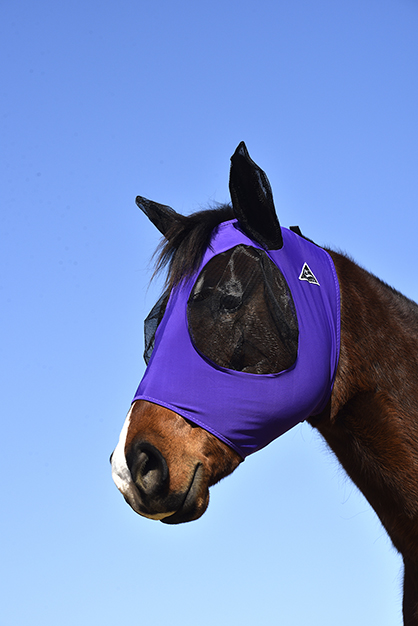New Study Investigates Obesity as Risk Factor For Asthma in Horses
June 25, 2021 Comments Off on New Study Investigates Obesity as Risk Factor For Asthma in Horses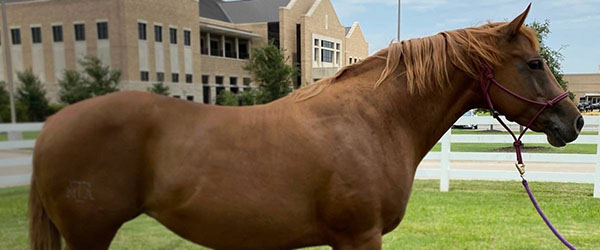
Morris Animal Foundation-funded researchers at Texas A&M University are investigating the association between obesity and asthma in horses. If a link is identified, the findings will help improve our understanding, diagnosis and management of asthma, especially in obese equine patients.
Continue reading …Insulin Resistance or Insulin Dysregulation?
June 24, 2021 Comments Off on Insulin Resistance or Insulin Dysregulation?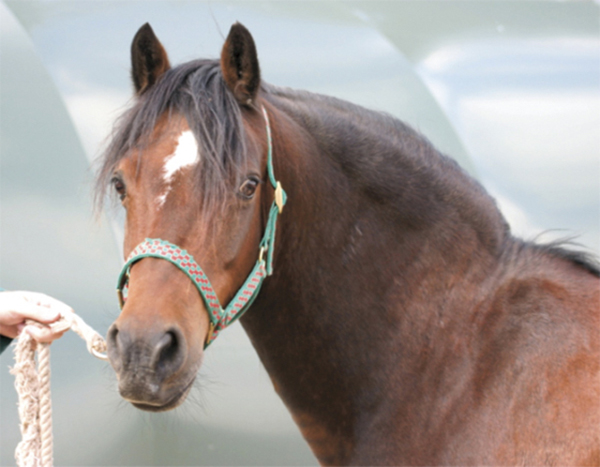
Insulin resistance (IR) means the insulin-responsive cells — muscle, fat, liver — do not take up glucose normally in response to insulin. As a result, the pancreas puts out higher levels of insulin until the glucose blood levels normalize. This is one explanation for why blood insulin levels would be higher than normal.
Continue reading …Scientists Discover Genetic Markers Tied to Loss of Ability to Sweat in Horses
June 23, 2021 Comments Off on Scientists Discover Genetic Markers Tied to Loss of Ability to Sweat in Horses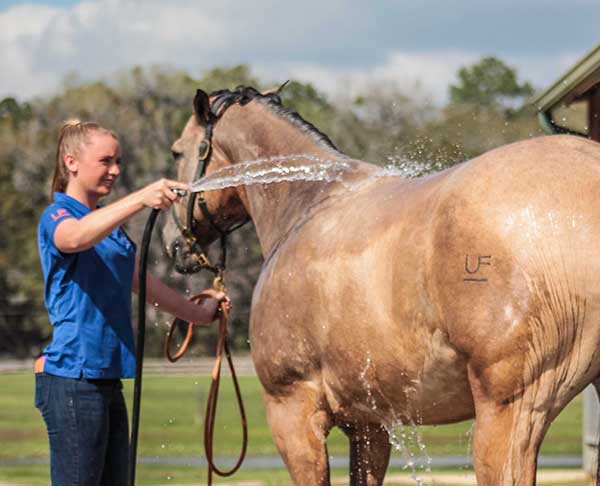
“We found that this disease has similarities to cystic fibrosis which has many drug treatments available and in development. Knowing this, we can start to consider ways to treat these horses that suffer from this condition, helping them sweat more normally over longer periods of time.”
Continue reading …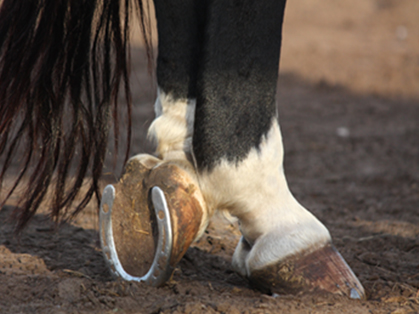
Sugar phobia has reached a point where virtually any problem with a horse’s hooves may be blamed on sugar. From thrush to weak laminar connections, sugar is blamed. This often comes with stories of how horses have improved once the diet was changed. However, sugar is rarely the culprit here. Many different problems cause quality issues in hooves but most have nothing to do with sugar.
Continue reading …Revisiting Equine Vaccination Strategies- What’s Best For the Horse?
June 14, 2021 Comments Off on Revisiting Equine Vaccination Strategies- What’s Best For the Horse?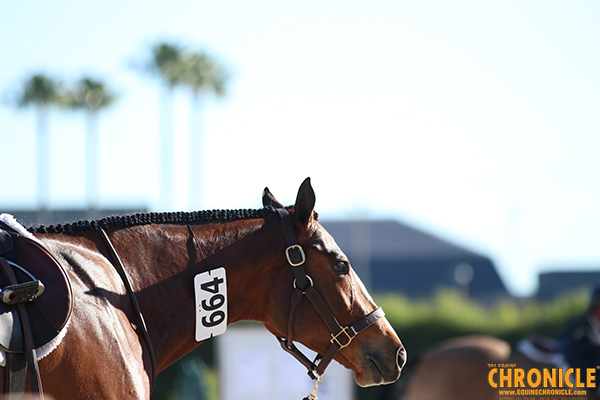
Sorting out best practices in equine vaccination can be a daunting task, partially because a standard vaccination protocol for horses does not really exist. Instead, most experts agree that the approach for equine vaccination should be about what’s best for the individual horse.
Continue reading …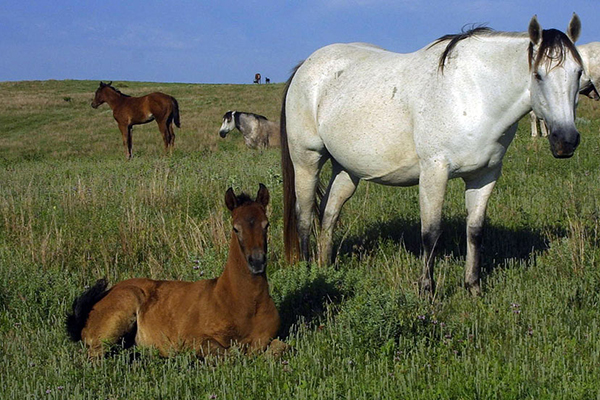
AQHA Publicity The American Quarter Horse Association was notified by its approved laboratory, the University of California-Davis, that the Veterinary Genetics Laboratory is temporarily pausing genetic testing July 5-9 for operation recalibration. Operation recalibration is an initiative to address deferred equipment maintenance. The Veterinary Genetics Laboratory will be closed on Monday, July 5, in observance […]
Continue reading …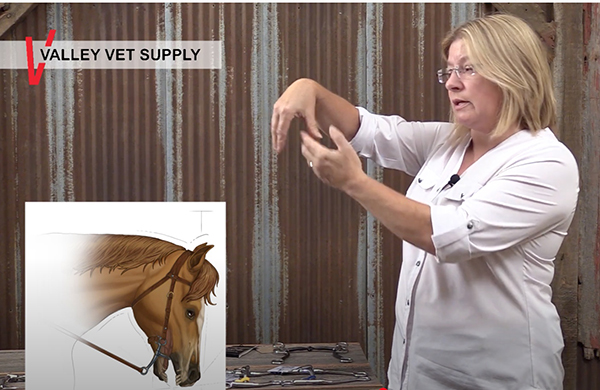
“It is important to understand what the bit is doing and what to watch for,” cautions Chris Blevins, MS, DVM, Associate Professor, Equine Field Service with Kansas State University. “It is our responsibility to keep our horses comfortable.”
Continue reading …Free Equine Business 101 Course for a Limited Time
June 7, 2021 Comments Off on Free Equine Business 101 Course for a Limited Time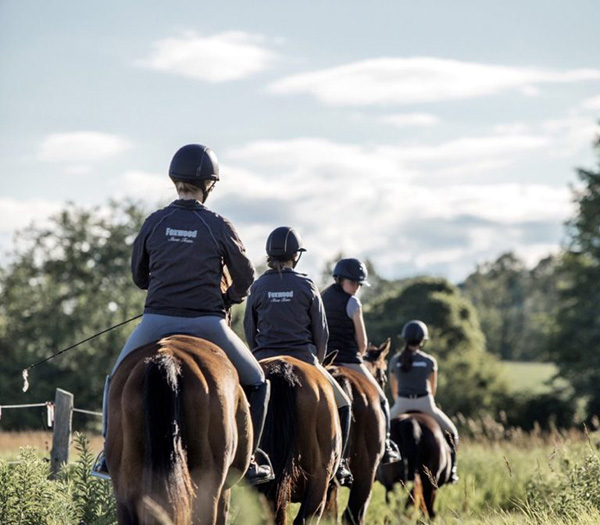
Statistically, a high number of equine businesses do not succeed beyond their first few years. The goal of the Equine Business 101 course is to put you on a path to beat those odds. Throughout the course, you will be provided with some basic information to guide you in the creation of your plan to run a successful equine facility.
Continue reading …








